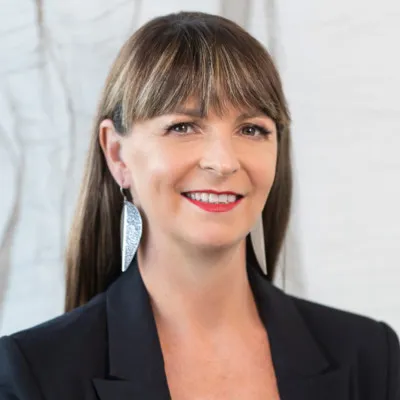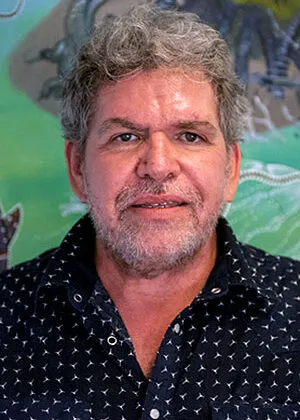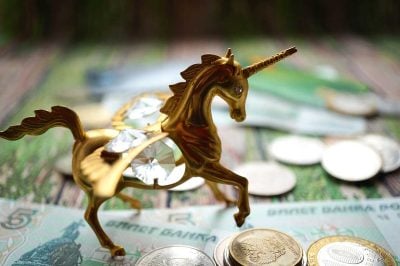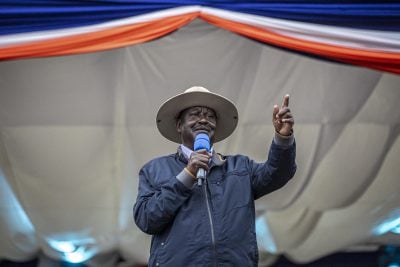There is a lot of pressure on Indigenous people to conform, to think and to act like Europeans. There is an unspoken belief that it would be much easier for all concerned to simply use European models and accepted western ways of doing things.
We disagree. In developing a new standard for the environmental, social and cultural core-benefits of carbon projects that uses Indigenous-to-Indigenous ways of working, we have created a new, truly Aboriginal-owned carbon farming system.
Practically, this system leverages savannah burning; an Indigenous Australian practice that reduces the frequency and extent of late, dry season fires in northern Australian savannahs. By stimulating cool burns early in the dry season – May, June and July – when fires are smaller and patchier, savannah burns offset huge amounts of carbon that would be released by large, hot, late season wildfires. Those who remember the Black Summer bushfires of 2019/20 will recall just how destructive these can be.
These offsets can be quantified and sold in one of two Australian marketplaces. The first, an auction run under the auspices of the Emissions Reduction Fund, where the Australian government purchases carbon credits to incentivise businesses to reduce emissions, focuses on ‘lowest cost abatement’, with little-to-no scope to pay for the kinds of benefits Aboriginal carbon farming can provide. On the voluntary market, however, where corporations, institutions and individuals seek to offset their carbon footprint, there is significant appetite for our ‘premium’ carbon credits.
What are core-benefits?
Our carbon credits attract a premium because of their core-benefits. In contrast with co-benefits, where selling carbon for income generation is the primary agenda, core-benefits reflect the intense environmental, social and cultural ‘goods’ of indigenous-led carbon farming.
Environmental core-benefits
Decreased carbon emissions and incidence and intensity of wildfires by burning country the ‘right way’ is one concrete ecological benefit of savanna burning carbon farming. Due to the reduction of wildfires, the lives of humans, animals and flora are protected. Through the protection of fauna and flora native species, environmental biodiversity is recovered and enhanced where in the past it may have been endangered. Additionally, intentional land management can reduce the numbers of invasive species, and help control the ecological impact of tourism.
Social core-benefits
The social benefits of savanna burning are plentiful. At the community level, the projects generate increased social capital as community members come together to work on them. They also foster opportunities for women to participate, and in some communities, discrete women ranger groups have been established. The strengthened community-level economy and development of other community projects financed by carbon income has led to an increased sense of control and greater certainty within communities over their finances, reducing welfare dependence and financing infrastructure.
Most exciting, however, is the confidence people feel when involved in a project. The ‘social determinants of health’ literature has affirmed that peoples’ perception of control over decisions that affect them is one of the most important contributors to emotional and physical wellbeing, with self-worth, a sense of purpose and pride in self and community all linked to savanna burning projects. For communities that are rebounding from the inter-generational effects of trauma and colonisation, this sense of pride is seen as a crucial catalyst for human empowerment, actualisation and agency. As anthropologist Jon Altman wrote in 2006, meaningful work for remotely based Aboriginal Australians must align with traditional interests and values. Savanna burning along with performance and art, hunting, tourism and environmental services provides a secure and meaningful employment opportunity for people living in remote communities.
Cultural core-benefits
The ‘holy grail’ of savanna burning core-benefits, sits of course, within the cultural dimension. Tradition and culture for Australian Indigenous people are the essence of life itself. The protection of sacred sites through savanna burning and the rediscovery of cultural heritage, hidden in some cases for decades due to European land management practices, sees culture being retained and flourishing. The maintenance and ‘passing on’ of traditional knowledge and language and the education of children by Elders is crucial for individual and cultural identity.
Improved spiritual wellbeing through the regular completion of cultural obligations to country, increased exercise and physical activity by working on the land, and increased nutrition through access to and availability of traditional foods not only makes culture strong, but also improves health outcomes. This is significant for a cultural group whose life expectancy is ten years shorter than non-Indigenous Australians. As a 2009 report in the Medical Journal of Australia found, there exists a substantial relationship between Indigenous health status and working on country, with a number of positive outcomes in relation to BMI, blood pressure, type 2 diabetes, cholesterol and cardiovascular risk.
Resisting eco-colonialism
Colonisation of our lands by European governments has actively been resisted for many years. The models, policies and legislation they used, even in search of environmental outcomes, were not designed to serve an Indigenous population. In developing Indigenous ways of thinking and working together that support our independence, we intend to promote a ubiquitous ‘right way’ for environmental policy that can see Indigenous people thrive.
This article originally appeared in IC Intelligence Insight 09: Climate & Nature Redux. Click to view more articles from the report.
Want to continue reading? Subscribe today.
You've read all your free articles for this month! Subscribe now to enjoy full access to our content.
Digital Monthly
£8.00 / month
Receive full unlimited access to our articles, opinions, podcasts and more.
Digital Yearly
£70.00 / year
Our best value offer - save £26 and gain access to all of our digital content for an entire year!


 Sign in with Google
Sign in with Google 



